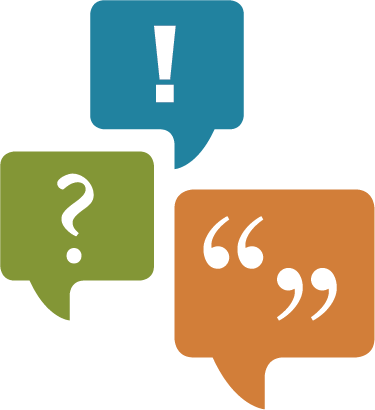Learning From the Past
From January 1933 through May 1945, the Nazi German regime—with its collaborators and allies—conducted the systematic, state-sponsored persecution and murder of six million Jews. German authorities also targeted and killed other groups, including people with disabilities, homosexuals, repeat criminal offenders and nomadic peoples such as the Romani. The Holocaust is the best documented instance of genocide in modern history.
While it is important to understand the where, when and scope of the Holocaust, we must also understand how and why it happened. What began as hateful words used by ordinary people escalated into discrimination, dehumanization and finally, genocide.
The Holocaust illustrates how deep and abiding forces in a society can lead its citizens to commit unimaginable cruelties. And it shows us how a passive, uncritical acceptance of the status quo can allow a state to perpetrate such actions. By studying the historical circumstances and events that led to this atrocity, we can learn critical lessons and insights into human behaviors that can help prevent us from repeating the same mistakes.
Building a Brighter Future
In 2018, a survey by the Claims Conference examining Holocaust knowledge and awareness worldwide found that:
- A majority of Americans polled believe something like the Holocaust could happen again.
- Nearly one-third of all Americans polled and more than 4-in-10 Millennials believe that substantially less than 6 million Jews were killed during the Holocaust.
- While there were over 40,000 concentration camps and ghettos in Europe during the Holocaust, almost half of Americans polled cannot name a single one – and the percentage is even higher amongst Millennials.
“Those who cannot remember the past are condemned to repeat it.”
—George Santayana, The Life of Reason, 1905
Conversation Builds Character believes it is important to learn about the Holocaust because it is one of the most effective subjects for examining basic moral issues. One of the central goals of education is to teach individuals what it means to be a responsible citizen.
By learning about the behavioral and societal conditions that led to the Holocaust, we can challenge individuals to examine their own thoughts, speech, actions and inactions in light of its historical example.
By providing support for Holocaust education, we aspire to teach others how their individual decisions affect current day issues and our society as a whole. Our hope is that by developing mutual respect and understanding, people can learn to break down barriers and build a more peaceful and unified society.
To change the future, we first must understand the past. We must remember those who perished, so that we might learn why they died. And we must celebrate those who survived, so that we might learn how the heroic actions of others helped people in need.
“Never Again” is not yet a reality, and as long as one group of people is at risk, all people are at risk.
-Dee Dee Simon, Co-Founder, Conversation Builds Character

